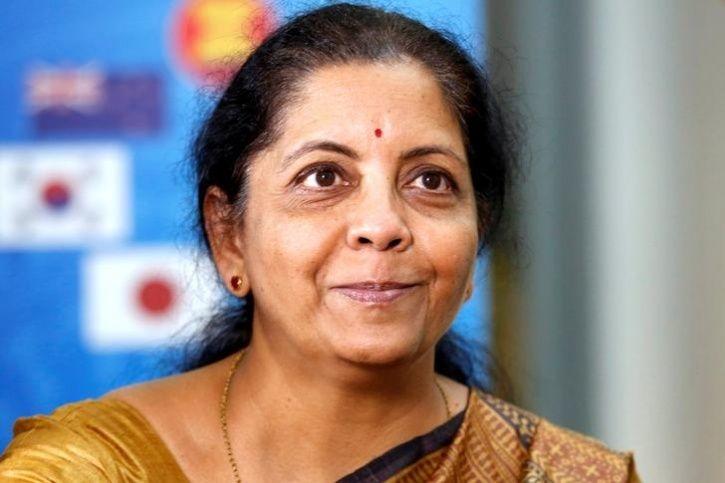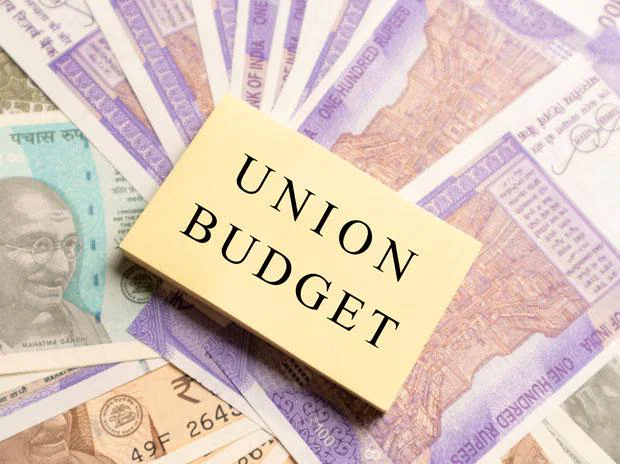The Union Budget 2022 provided much-needed clarification on the taxation of cryptocurrencies and other virtual digital assets, with Finance Minister Nirmala Sitharaman proposing a 30% tax on profits from transactions in such assets on Tuesday.
She also proposed a 1% tax deducted at source (TDS) on transactions in virtual digital assets to bring such assets under the tax net.

Gifts of cryptocurrency and virtual digital assets will also be taxed, according to her.
The tax plans will take effect on April 1st, after the adoption of the Union Budget in Parliament.
In response to widespread industry demand, she stated that the RBI will introduce a ‘Digital Rupee’ based on blockchain technology in fiscal 2022-23.
According to experts, the 30% tax on revenue derived from the sale of cryptocurrencies is comparable to the tax rate on profits from lotteries, game shows, riddles, and so on, as reported by PTI.
PAY FOR FUTURE BITCOIN TRANSACTIONS
Aside from taxing revenues from cryptocurrencies and non-fungible tokens (NFTs), FM Sitharaman stated that losses from their sale could not be offset against other income, providing another deterrent to trading and investing in digital assets.
According to industry estimates, there are 15 million to 20 million crypto investors in India, with total crypto holdings of approximately 400 billion rupees (USD 5.37 billion). According to Reuters, no official statistics on the size of the Indian crypto industry is available.

Individuals might wind up paying more than 30% of their crypto income in taxes and other fees, according to tax professionals.
“If you make a profit of Rs 100, the total tax outgo will be roughly Rs 42, including the 30% tax band, surcharge, and cess,” Amit Maheshwari, partner at AKM Global, a tax and consultancy business, told Reuters.
CRYPTO EXCHANGES ARE FULL OF HOPE
Crypto exchanges also believed that the new tax framework would signify government support of digital currencies and reassure corporates that they could enter the sector.
“While the 30% tax on revenue from virtual digital assets is significant, it is a welcome move since it legitimizes crypto and hints at an optimistic mindset toward wider adoption of crypto and NFTs,” said Avinash Shekhar, CEO of ZebPay, a cryptocurrency exchange.

“Taxation on virtual products is indirectly beneficial since it brings digital money under regulatory control, which is a huge boost for cryptocurrencies and Web 3.0. This will encourage businesses to develop more blockchain-related goods and services “According to Harsh Shah, a co-founder of Fynd.
“The government has imposed a 30% tax on cryptocurrency income, with no deductions permitted for any costs other than the cost of purchase. The receiver will be taxed on the gift of virtual assets. This clears the air on cryptocurrency taxation. However, there are several sorts of revenue generated by cryptos, and perhaps greater clarity will be provided in the Budget papers,” Archit Gupta, Founder, and CEO of Clear, said.
Also Checkout: Highlights from the Union Budget 2022-2023












